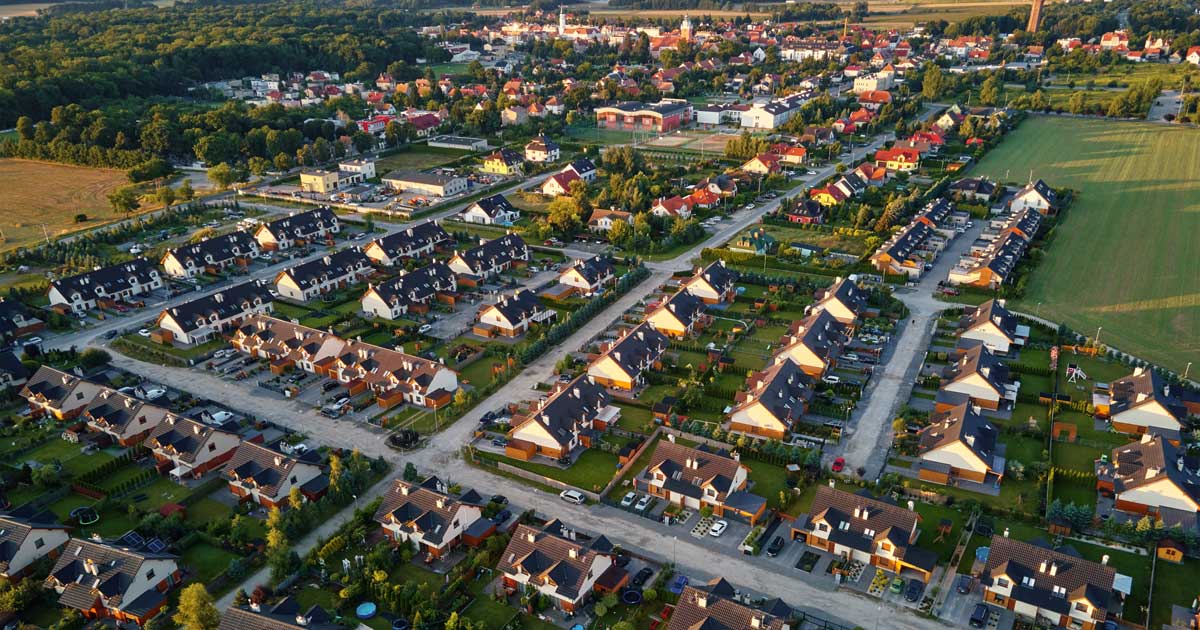Condominium and homeowner associations are two types of community organizations that are designed to govern and manage residential properties. While they share some similarities, there are also significant differences between the two. Understanding these differences can help homeowners make informed decisions when considering purchasing a property that is governed by an association.
What is a Condominium Association?
A condominium association is a type of organization that manages and governs a residential property that is divided into individual units. Each unit owner is responsible for the interior of their unit, while the association is responsible for the exterior of the building and the common areas, such as hallways, lobbies, and parking lots. Condominium associations are typically governed by a board of directors, who are elected by the unit owners.
What is a Homeowner Association?
A homeowner association, also known as an HOA, is a type of organization that manages and governs a residential property, such as a single-family home, townhome, or duplex. Homeowner associations are responsible for maintaining and managing the common areas, such as parks, pools, and community centers. They may also be responsible for enforcing community rules and regulations, such as parking restrictions or home maintenance requirements.
Differences between Condominium and Homeowner Associations
- Property Type
The most significant difference between a condominium association and a homeowner association is the type of property they govern. Condominium associations are responsible for managing and maintaining a building that is divided into individual units, while homeowner associations are responsible for managing and maintaining a neighborhood or community of individual homes.
- Ownership and Responsibility
In a condominium association, each unit owner is responsible for the interior of their unit, while the association is responsible for the exterior of the building and the common areas. In contrast, in a homeowner association, the responsibility for maintenance and repairs of the home and property is the responsibility of the individual homeowner.
- Rules and Regulations
Both condominium and homeowner associations may have rules and regulations that homeowners must follow, but the specific rules and regulations may differ between the two types of associations. Condominium associations may have stricter rules regarding exterior modifications to units, while homeowner associations may have more rules regarding landscaping and home maintenance.
- Fees and Assessments
Both condominium and homeowner associations charge fees and assessments to homeowners, but the specific fees and assessments may differ between the two types of associations. Condominium associations may charge higher fees because they are responsible for maintaining and repairing the exterior of the building and the common areas. Homeowner associations may charge lower fees because the responsibility for maintenance and repairs of the home and property is the responsibility of the individual homeowner.
Conclusion
In summary, condominium and homeowner associations are two types of community organizations that are designed to govern and manage residential properties. While there are some similarities between the two, there are also significant differences. Understanding these differences can help homeowners make informed decisions when considering purchasing a property that is governed by an association.


